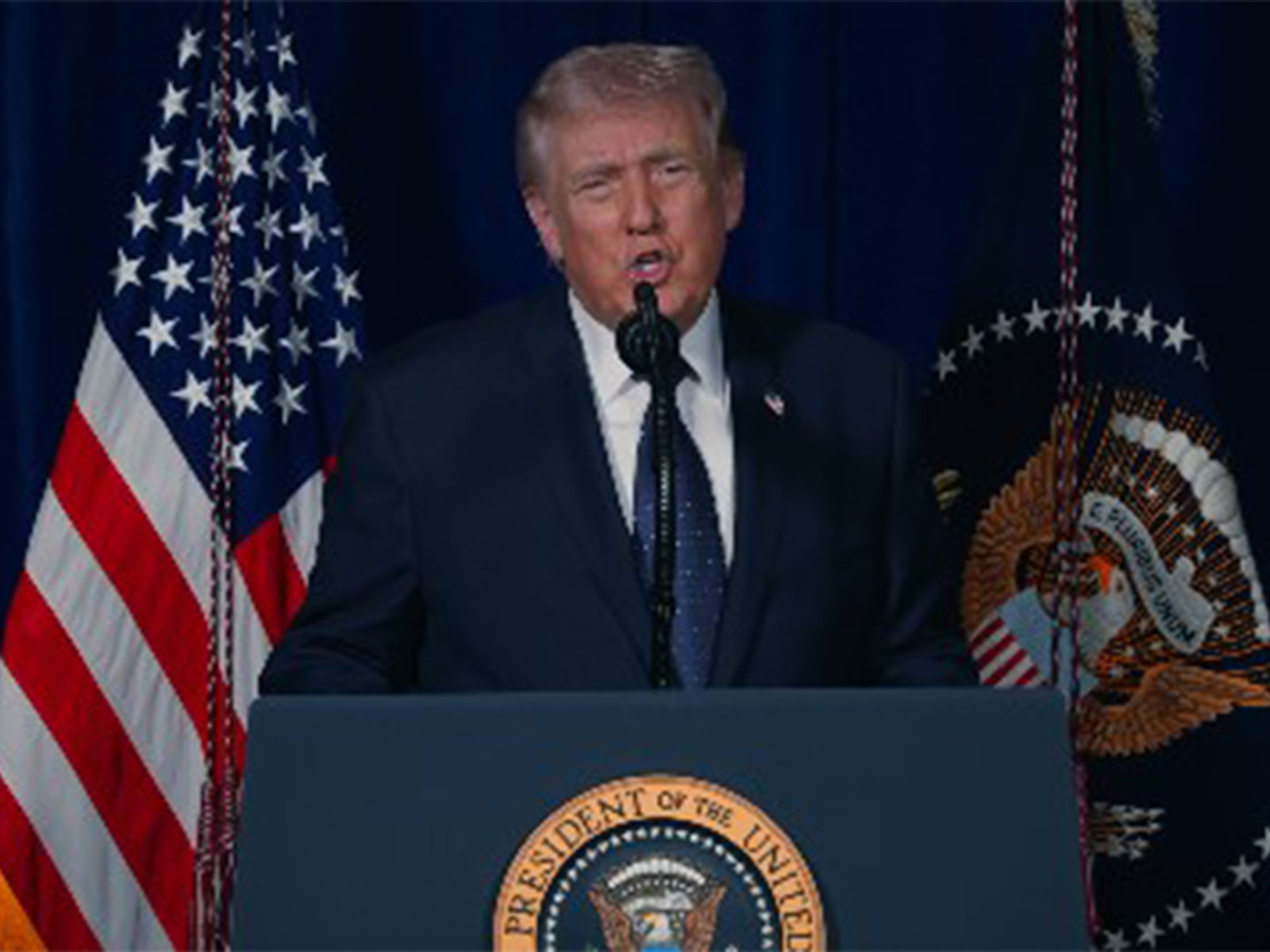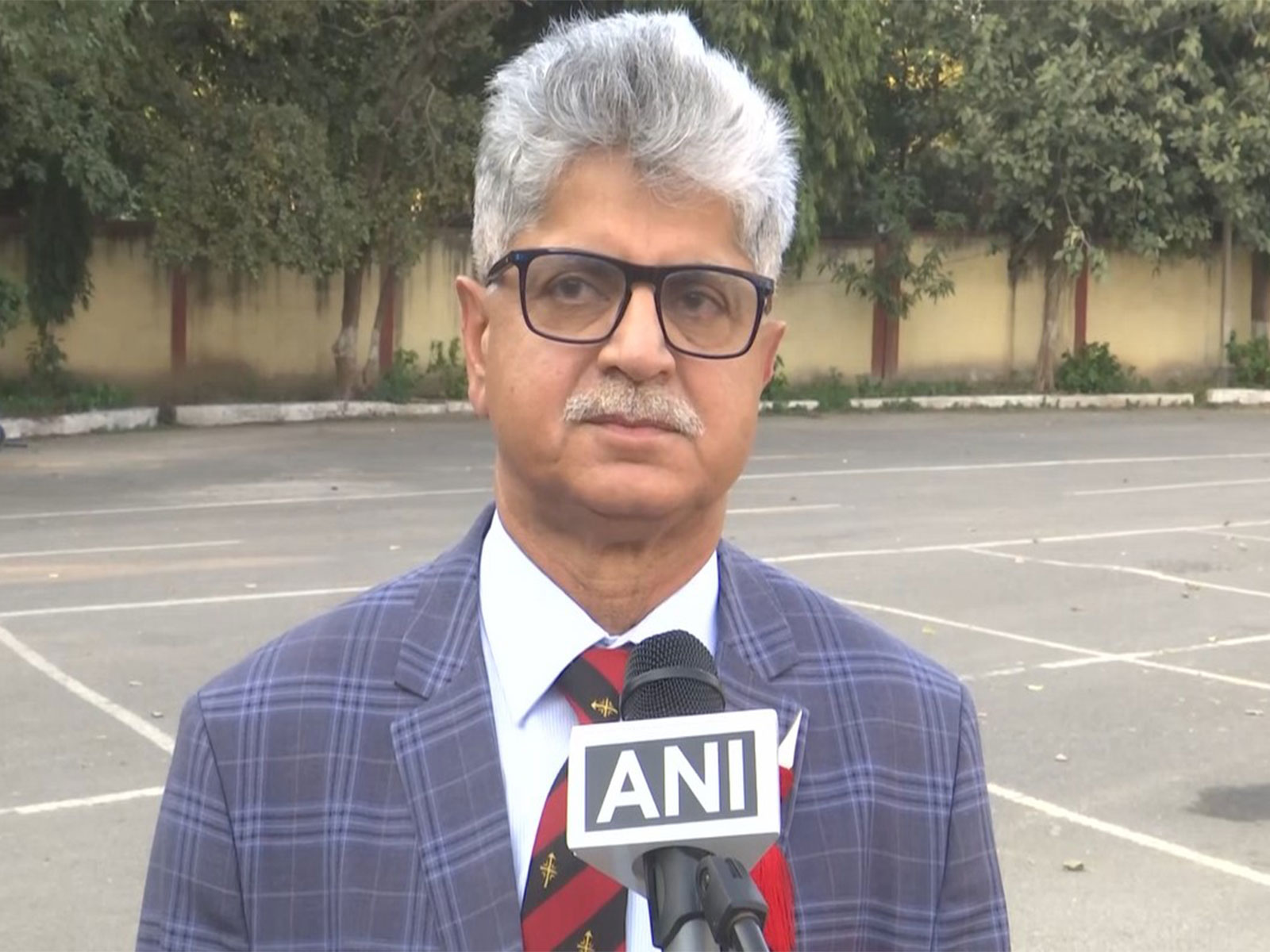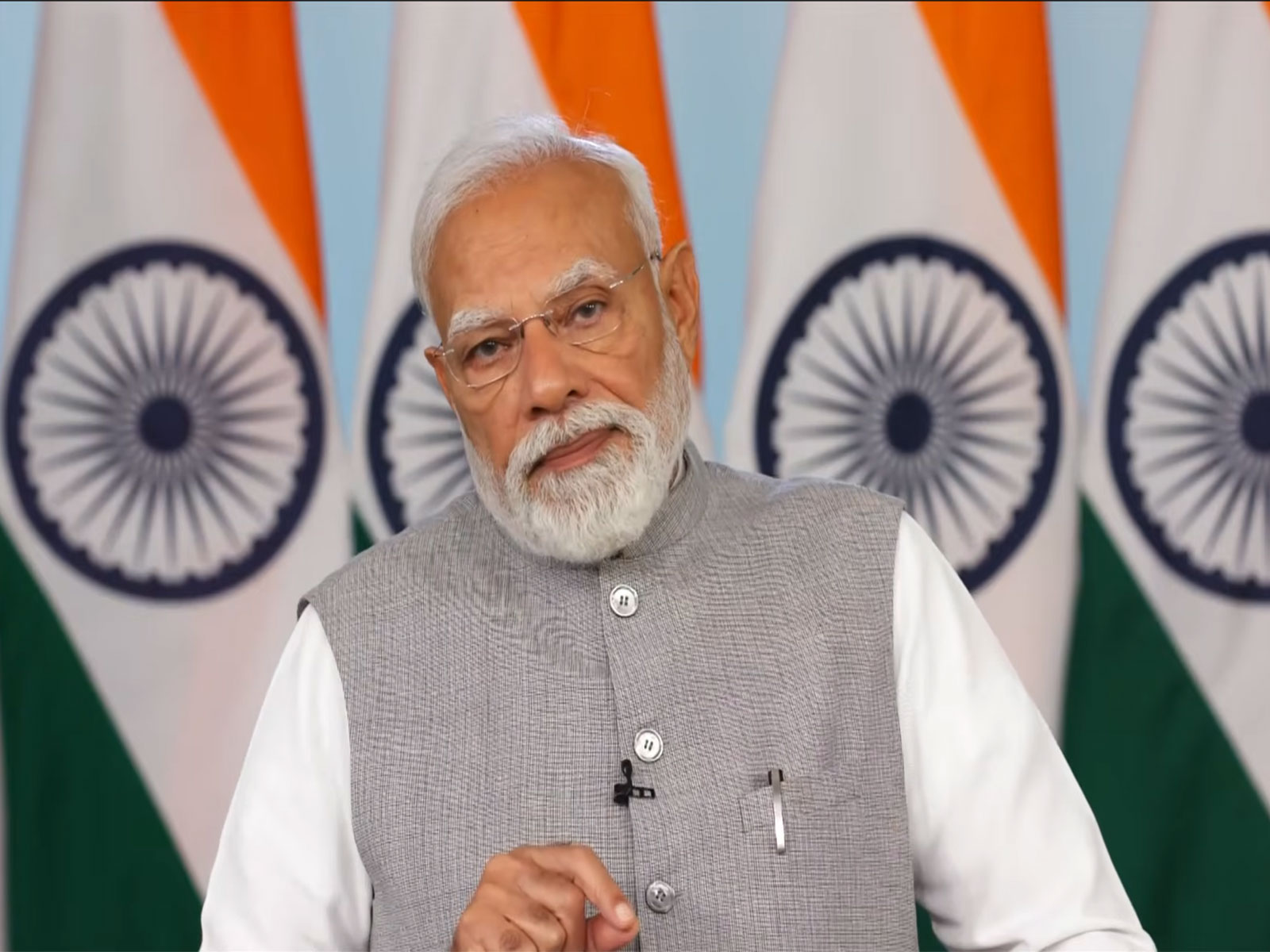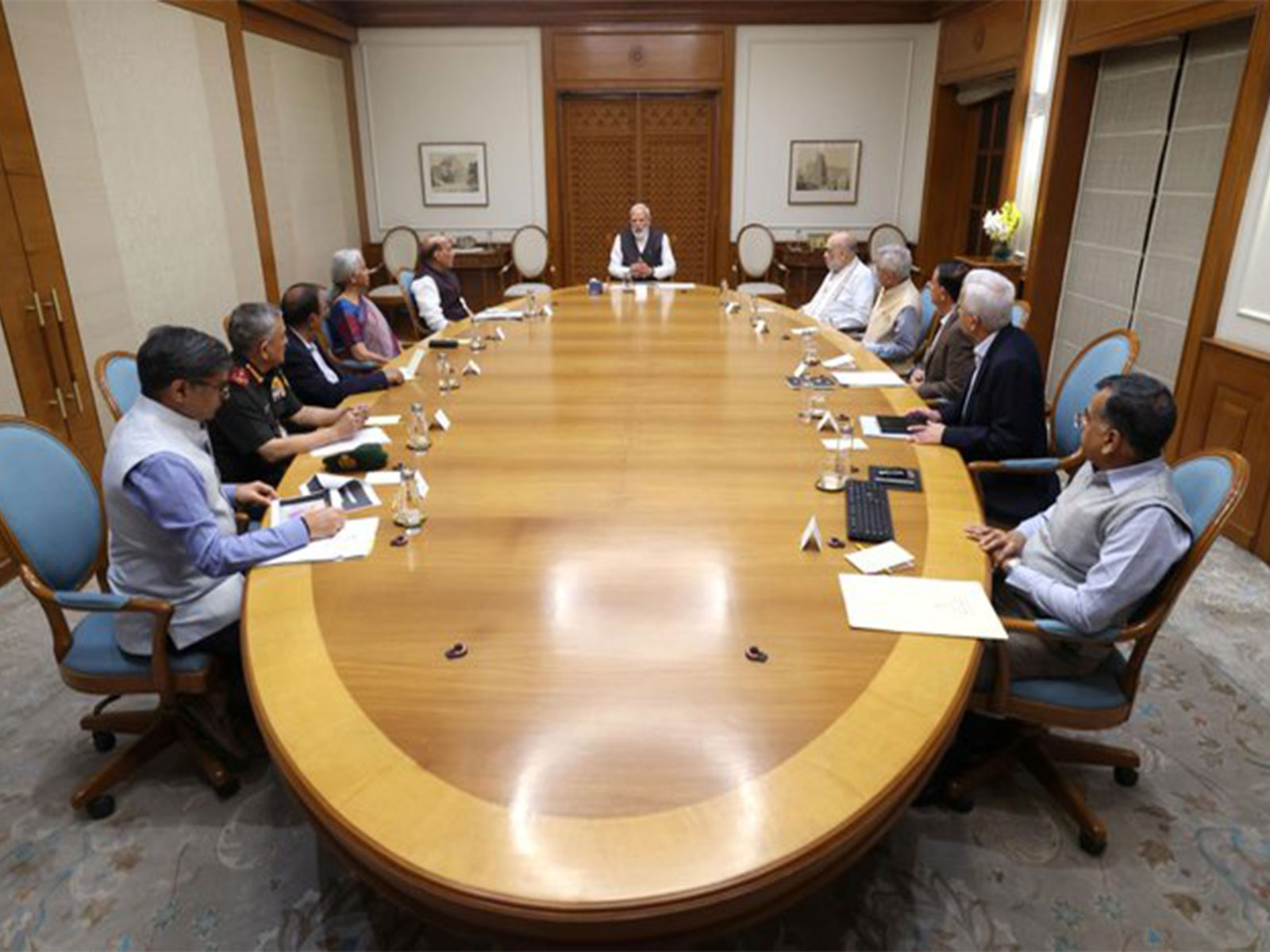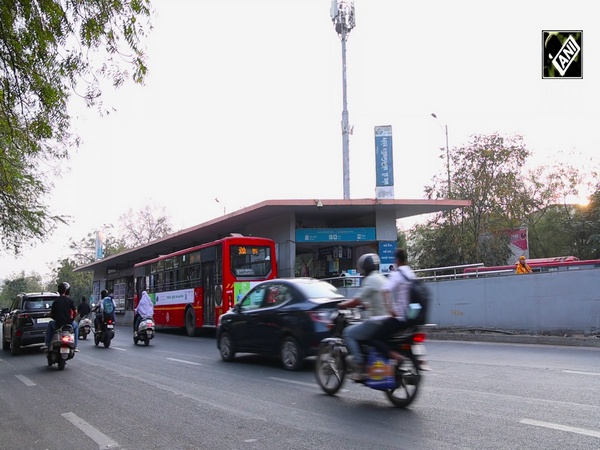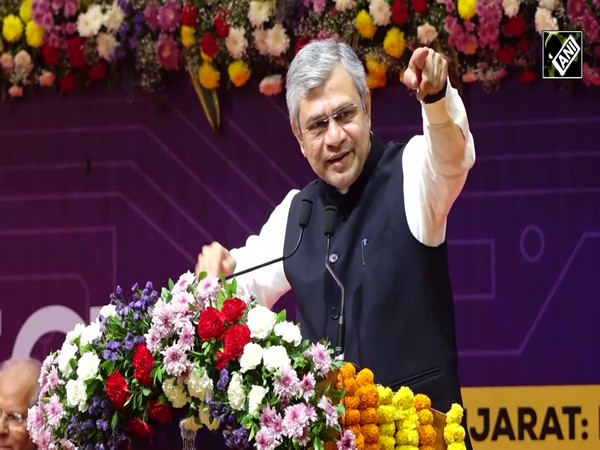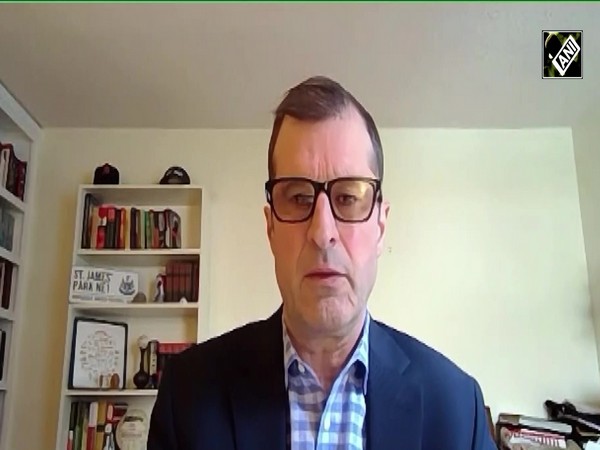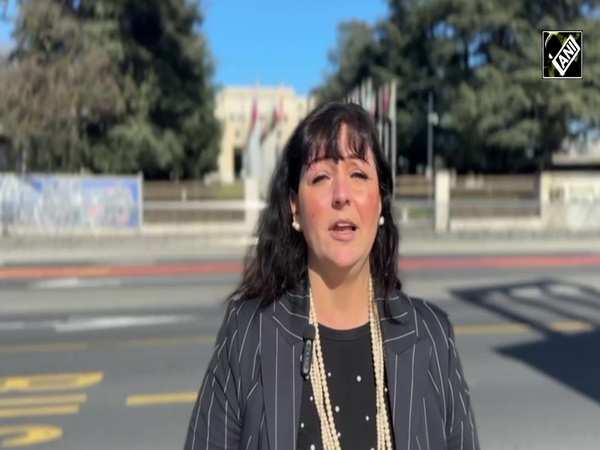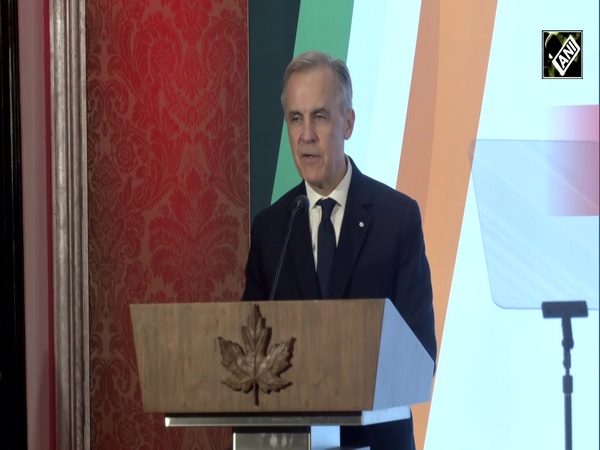US Senate leaders urge China to release 11th Panchen Lama on 30th anniversary of his abduction
May 18, 2025

Washington DC [US] May 18 : American senators Jim Risch (R-Idaho) and Jeanne Shaheen (D-N.H.), who serve as the chairman and ranking member of the Senate Foreign Relations Committee, issued a statement on the 30th anniversary of the People's Republic of China's kidnapping of Gedhun Choekyi Nyima, the 11th Panchen Lama.
The Panchen Lama serves as an important spiritual figure for Tibetans and represents their fight for religious liberty, as stated in a release from the United States Senate Committee on Foreign Relations (USSCFR).
"Beijing's abduction of the Panchen Lama was an affront to the Tibetan people and their pursuit of religious freedom. For decades, China has denied Tibetans the right to self-determination and refused to engage in direct dialogue with the Dalai Lama or his representatives. Meanwhile, Beijing continues to carry out policies to erase Tibetan religion, culture, and language. This is immoral and unjust", the statement said.
"We call on Beijing to provide credible evidence of Gedhun Choekyi Nyima's well-being and for his immediate release. The US will continue to steadfastly support Tibetans' rights to have a say in their future, preserve their culture, and maintain their religious freedom", as quoted by the release.
On May 17, 1995, just three days after the Dalai Lama recognised him, the six-year-old Panchen Lama and his family were abducted by the Chinese Communist Party. Subsequently, Beijing appointed another child as the Panchen Lama in a clear and illegitimate attempt to exert its control over Tibetan Buddhism, as stated in the release.
The tension between Tibet and China arises from the political conflicts related to Tibet and its governance by China. Historically, Tibet operated as a sovereign state but was integrated into China in 1951 through military force. Under the leadership of the Dalai Lama, Tibetans have been advocating for increased autonomy and the protection of their cultural, religious, and political rights. In contrast, the Chinese government views Tibet as an integral part of its territory. This contention has resulted in protests, cultural suppression, and ongoing debates about human rights and self-administration.

